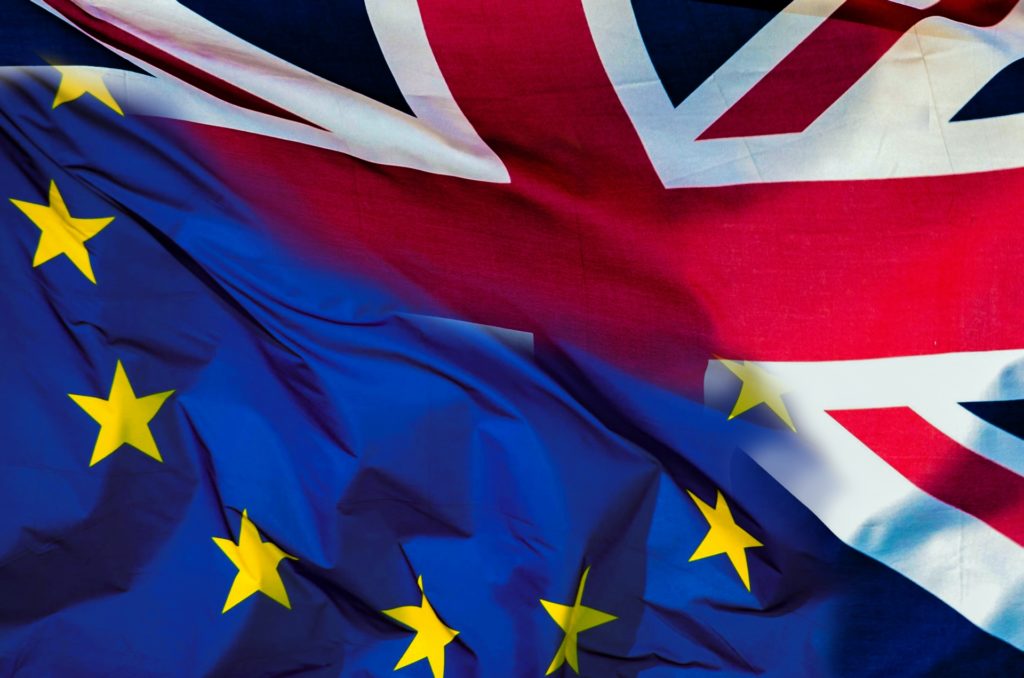As the United Kingdom appears to be heading towards a no-deal Brexit, a recent study has warned that the country stands to lose a significant amount of foreign investment as a result.
Last week, the UK government sent a message to the European Union’s chief negotiator Michel Barnier, to let him know he need no bother travelling to London for ongoing talks on the British departure from the EU, as negotiations had reached an impasse.
Now a study by University College London and the London School of Economics has said that the UK could lose out on 37% of foreign direct investment (FDI) into the country when it is no longer part of the Single European Market.
There are many reasons why other countries decide to invest in the UK. The country has a long history of international trade, has a widespread network of other partners, has mature industries in many sectors such as finance, and the workforce speaks the only really international language.
But one of the main reasons, the study suggests, has been the UK’s membership of the EU, and the launchpad it provides for foreign investors to access the entire European market.
However Brexit – and especially a no-deal Brexit – is about to take away that advantage, the study shows.
In 2018, FDI into the UK was worth some €54.5 billion, a precipitous drop from €89 billion the year before, which was just one year after the referendum which took Britain out of the EU.
Those who had previously been inward investors into the UK were jumping ship, because the country could no longer offer a portal into the single market.
“Over the last 20 years the UK has been the largest recipient of inward FDI in the EU,” commented Nauro Campos, professor of economics at UCL and one of the authors of the paper.
“Access to the single market and customs union has been instrumental, with entry into a larger market and the opportunity to exploit scale economies without hefty tariffs and red tape. With Brexit we estimate a significant and substantial decrease in FDI.”
Prof. Campos and other researchers had estimated, back in 2016 at the time of the referendum, that what was then still a potential Brexit would cost the country 25% of FDI. Their conclusions then were taken seriously enough for the UK Treasury, the Centre for Economic Performance and the National Institute of Economic and Social Research to use it as the basis for their calculations.
“In 2016 we said we are using extremely conservative estimates. Now we have better data, more countries, years, more robust methodology,” said Professor Randolph Bruno of UCL, co-author of the study.
“Our new estimate comes at a crucial time in the Brexit trade talks and we expect it could play a part in the UK’s longer term strategy for inward and outward investment alike,” he said.
The UCL/LSE study is published in the journal of the Institute of Labour Economics.
Alan Hope
The Brussels Times

